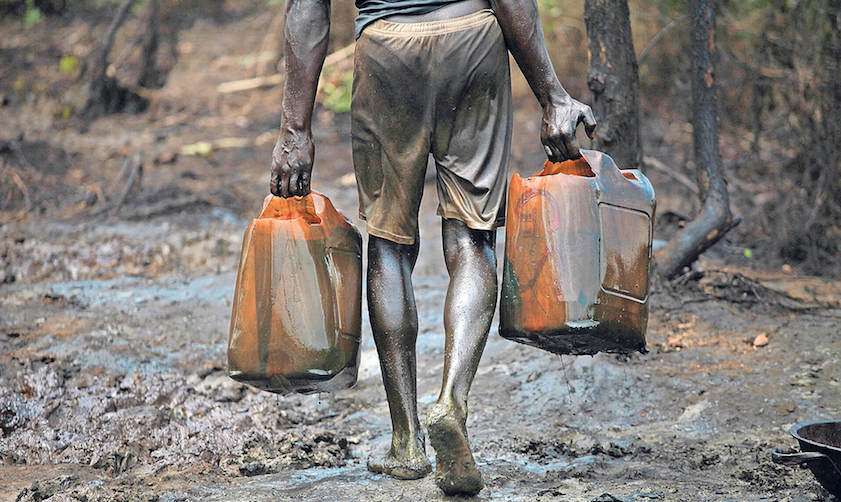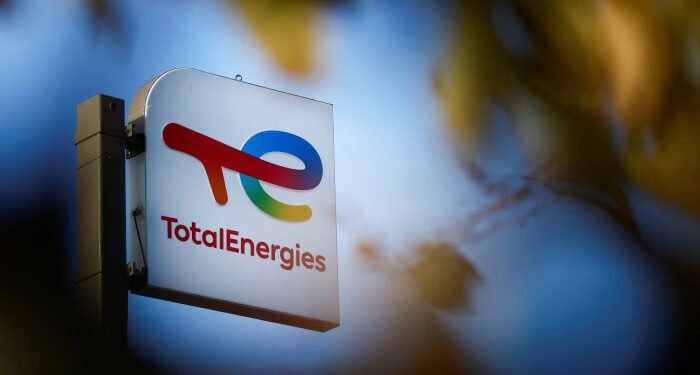Oil theft and illegal oil trade are increasing in the West Africa sub-region, and this is likely to remain elevated due to the rise in oil imports, currency depreciation problems and galloping oil prices on the global oil market.
Compared to other countries, such as nearby Nigeria, illicit oil activities in Ghana is of a smaller scale, but it is nevertheless significant, and the global recognition of the problem flags Ghana as a destination of, as well as a conduit for stolen fuel to other states in the region.
During periods of high oil prices combined with volatilities in exchange rate, these conditions provide impetus for dealers of such illicit oil activities to be involved in such acts. Regarding prices, market analysts forecast oil prices to remain ‘heated’ as the impact of omicron is likely to potentially dip in the coming months and economic activities regain momentum.
Coupled with the depreciation of the local currency, this may tend to elevate the prices of oil products further, thus fanning illicit oil trade deals as the dealers tend to avoid paying taxes and thereby deny the country its expected potential revenue.
A 2017 report titled: ‘Downstream oil theft: Global Modalities, Trends and Remedies’ underscored the dual occurrences (demand and supply sides) of illicit oil trade operations in Ghana.
“Inexpensive or even stolen refined Nigerian fuel, for a while, was being transported in either jerry cans or blue barrels in smuggling flotillas along the West African coast.”
DR Ian M. Ralby, Author of Report

Taking a lesson from Nigeria’s growing oil theft
Dr Mustapha Hamid, CEO of the National Petroleum Authority (NPA) in 2021, noted concerns of illicit fuel trade activities on the Aflao border while addressing the Customs Division of the Ghana Revenue Authority at the Aflao border during a working visit.
Highlighting the growing loss of revenues made by the government due to illicit fuel trade, the Vice President Dr Mahamudu Bawumia is cited to have said that: “…between 2015-2019, government lost GHS4.7 billion in tax revenue as a result of illegal activities in the petroleum sector”.
In Nigeria, oil theft issues are escalating and this has begun to trigger counts of exits among super majors operating in the country’s upstream. In fact, the country was reported to have run a deficit of almost 200 million barrels of crude in the first 11 months of 2021, mainly due to oil theft. The value of crude stolen equated to $3.5 billion of revenue lost in 2021 alone, an equivalent of around 10% of the country’s foreign reserves.
In 2019, Nigeria lost 42.25 million barrels and 53.28 million barrels in 2018, owing to oil theft, according to Oilprice.com.

Pretty clearly, it can be seen that the situation is worsening and this suggests that spillovers are likely to seep into the Ghanaian petroleum market, if they haven’t already. This requires vigilance by the authorities and utmost concern to ensure the sector does not become a dumping site for smuggled fuel.
TOR’s Inefficiencies Indirectly Fuels Illicit Oil Trade Activities
Ghana’s oil imports (including crude, gas, refined petroleum products) for the first nine months of 2021 increased by 41.6 per cent. Local crude supply shortfalls as against increasing demand for oil and oil products unintendedly creates the room for these illicit trade operations to exist or thrive.
Besides, the situation is critical when viewed from the lens of the country’s sole oil refinery, the Tema Oil Refinery (TOR). TOR has been saddled with inefficiencies and frequent shutdowns and thus, even struggles with a refining capacity of 45,000 barrels per day (bpd). Even so, plans to expand its capacity have regrettably remained a complex tangle to unravel in the sector for more than a decade.
More disturbingly, in the prior year, some 14 staffs of TOR were named as likely to be culpable in a probe that disclosed the disappearance of thousands of litres of gas oil and electric cables worth more than GHS10 million.
Over the years, the NPA has introduced measures which have largely helped to reduce illegal oil trade activities on the country’s borders. The fuel marking scheme has seemingly reduced the rate of adulteration in fuel, and the Bulk Road Vehicle (BRV) tracking scheme has further curtailed opportunities for illicit activity, however, there is still a lot of other loopholes that need to be clogged.
Again, while maritime patrols offshore are taking shape due to collaborations among regional states in order to protect offshore oil vessels, current efforts need to be strengthened to prevent an escalation of a sort of the growing trend in neighbouring countries.
While these are positive steps taken, there are still indications of illicit oil trading activities rising further. At least, the rampant occurrences of this activity in Nigeria and the consequences thereof should serve as a wakeup call for the government to put in more efforts to deal with the menace.
READ ALSO: Energy Expert Calls for Revitalisation of Local Refinery Base























